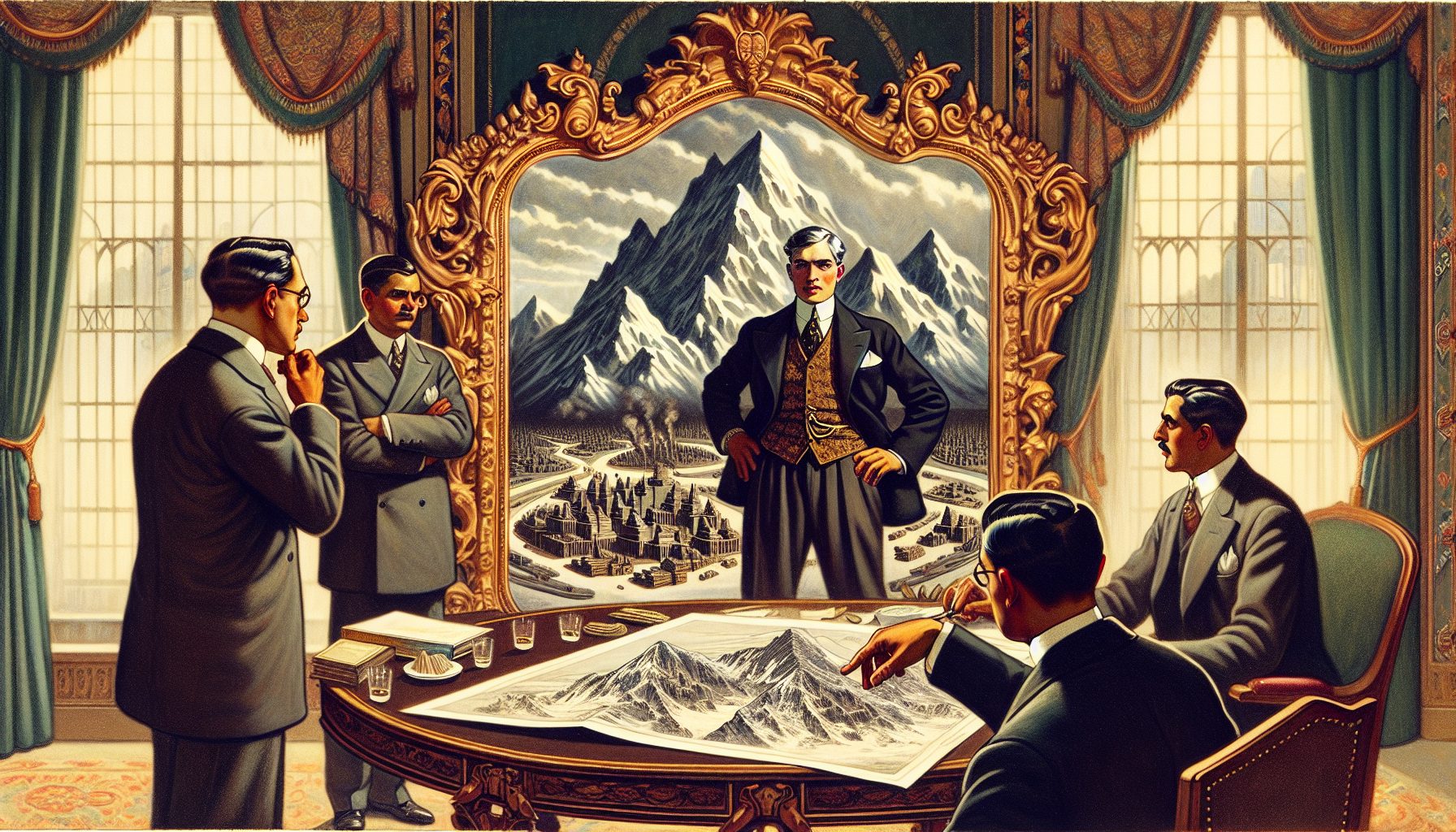Back in the dark ages of social media (2000 through 2009), many organizations adopted loopy polices banning all social media from the enterprise. A few years and tens of thousands of failures later, social media permeates the enterprise.
Business and IT leaders now recognize that there is simply no way to ban social media. They also understand that this technology can actually benefit an organization.
The impact of social media on the enterprise is clear: The line between work and personal life has blurred. And while more than a few employees at various businesses have been fired for vulgar, rude or lascivious posts, it’s important to note that employers are increasingly on the legal hook for terminating employees just because they criticize the business or point out problems.
Journalist Matt Palmquist notes in a recent blog post for Strategy+Business that the Triple Play Sports Bar in Watertown, Conn., terminated two employees in 2011 for posting Facebook messages criticizing their supervisor’s bookkeeping practices. However, the National Labor Relations Board (NLRB) later ruled that the employees had the right to post the comments because they represented a real problem, as well as the sentiment of other workers.
Palmquist also report that these cases—and NLRB rulings in favor of employees—are on the rise.
Today, more than 60 percent of working adults use social media, and more than 40 percent are linked online to their boss. This may be fine and dandy under normal circumstances, but it’s also a volatile touchpoint. All that’s necessary for combustion is an event or two that causes workers to question something related to safety, security or what might be construed as a legitimate grievance.
A group of researchers at Indiana University and Purdue University Fort Wayne examined all of this, including NLRB sentiment, in a recent paper, “Fired for Facebook: Using NLRB Guidance to Craft Appropriate Social Media Policies“. Here are a few of their recommendations:
Employers should design clear social media policies.
They should allow employees to express legitimate opinions about their working conditions on social media.
Employers should learn from the mistakes and missteps of other companies.
They should keep up to date on rapidly evolving case law.
The researchers pointed out that there’s a clear dividing line between posts that attempt to discuss issues such as working conditions, hours, wages and safety and those that ridicule or embarrass.
Likewise, organizations should avoid a heavy-handed approach to free speech. They shouldn’t attempt to ban profanity or gossip, or offer disclaimers saying that posts represent opinions rather than factual statements.
These guidelines are designed to help employers avoid some legal problems regarding their employees and social media.









